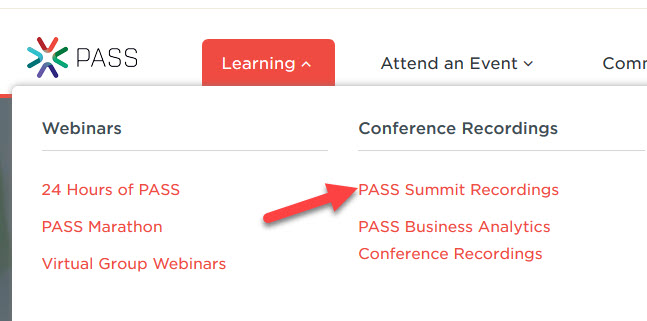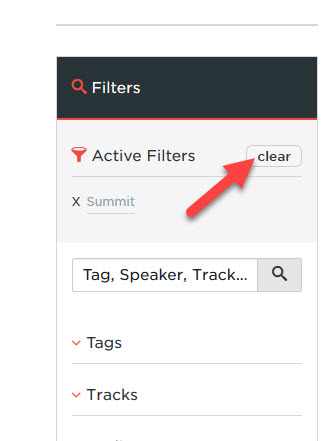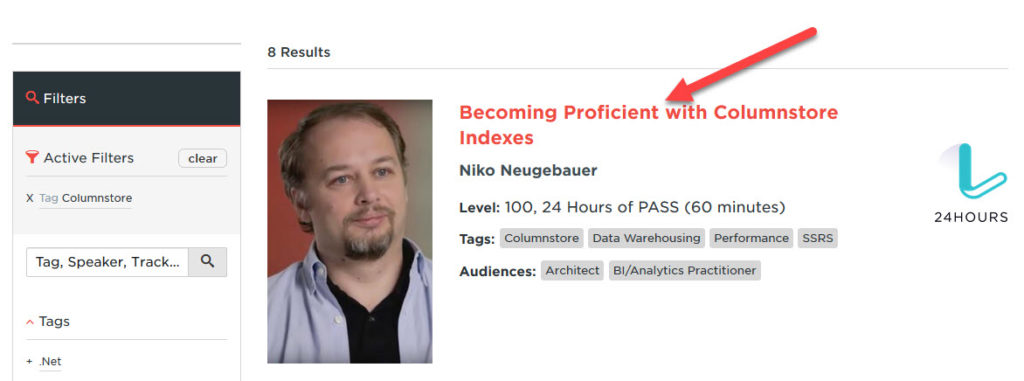Technology changes rapidly, and it can be a real challenge to keep up with everything that’s changing. For me, the last couple of years had me in a role that was peripherally connected to SQL Server and the Microsoft Data Platform, but not actually working with it, so now that I’m back in a role where I’m working directly with the technology, where do I turn to catch up?
There are great options, fortunately, and the best are from PASS and their store of session recordings. Between the PASS Summit events, the BA Summit events, the various 24 Hours of PASS offerings and the Virtual Group sessions, PASS has a treasure trove of learning opportunities for you.
One fairly recent feature that is really helping improve performance for queries against SQL Server databases is the Columnstore Index feature, both non-clustered as well as clustered. This feature was introduced in SQL Server 2012, and enhancements have been added with each new release.
So how do you make use of the recordings?
It’s important to remember that PASS makes the older recordings available to all members of PASS, and all you have to do to become a member of PASS is to register. (Or you are automatically registered if you attend Summit or any SQL Saturday.) It’s also important to remember that the best way to get a “first-timer’s” perspective on a new feature is by going back to the presentations from when the feature was first introduced.
If you navigate to the PASS web site, then hover over Learning, then click on one of the categories. I chose Summit Recordings.
Next, clear the existing tags, so you don’t limit yourself to just the category you chose.
Then, expand the tags until you find the one showing the feature you’re looking for, in my case Columnstore.
You’re then presented with the available sessions for that subject. The first one is Niko Neugebauer’s (b/t) excellent introductory session on Columnstore indexes. Click on the title and a new window will open for you, and allow you to play the video.
It’s important to keep up with the technology changes in our field, and PASS has done a great job to help you do just that.



